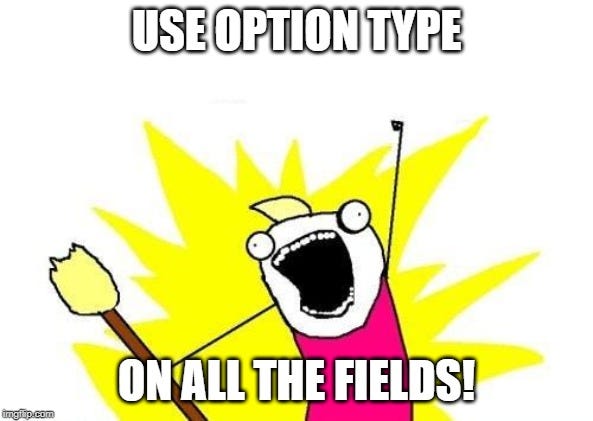This is 2020 and if you are starting any new java based project then gradle should be first option but for some reason if you are still stuck with Maven then you might find this post useful.

Maven java/scala compiler plugin has decent support for incremental compilation but it is not able to handle few edge case like
Maven java/scala compiler plugin has decent support for incremental compilation but it is not able to handle few edge case like
- Trigger compilation when file is deleted from source folder.
- Skip unit test when code is not changed.
Just to handle deleted file scenario most of the time we have to run "mvn clean install" and that means full code is complied and unit test are executed.
Compilation of scala code is slow and if project contain slow running test like starting webserver , spark context, IO etc then this becomes more worse. In many case wait time could be minutes.
I am not accounting for wasted CPU cycles for running test even when code is not changed.
I am not accounting for wasted CPU cycles for running test even when code is not changed.
As an experiment i took some ideas from Gradle and wrote add-on maven plugin that handles above stated issues by
1. Cleaning target location when code is changed and trigger full build.
2. Skip unit test execution when code is not changed.
Both of the these features can help in reducing compilation time significantly because most of the time only few modules are changed and previous build output can be used. You can get blazing fast builds by enabling this plugin.
How to use plugin
This plugin is added at pre-clean stage, add below entry to pom.xml and use "mvn pre-clean install"
<plugin>
<groupId>mavenplugin</groupId>
<artifactId>compilerplugin</artifactId>
<version>1.0-SNAPSHOT</version>
<executions>
<execution>
<id>pre-clean</id>
<phase>pre-clean</phase>
<goals>
<goal>inc</goal>
</goals>
</execution>
</executions>
</plugin>
Plugin code is available @ compilerplugin github repo
sandbox code using plugin is available @ compilerplugintest github repo
Conclusion
Always collect metrics on build like how long it takes to compile , time taken by test , package size, dependency etc. Once you start measuring then you will notice how slow builds are and that also need same love as code.
Fast build is first step that enable continuous delivery.
sandbox code using plugin is available @ compilerplugintest github repo
Conclusion
Always collect metrics on build like how long it takes to compile , time taken by test , package size, dependency etc. Once you start measuring then you will notice how slow builds are and that also need same love as code.
Fast build is first step that enable continuous delivery.
